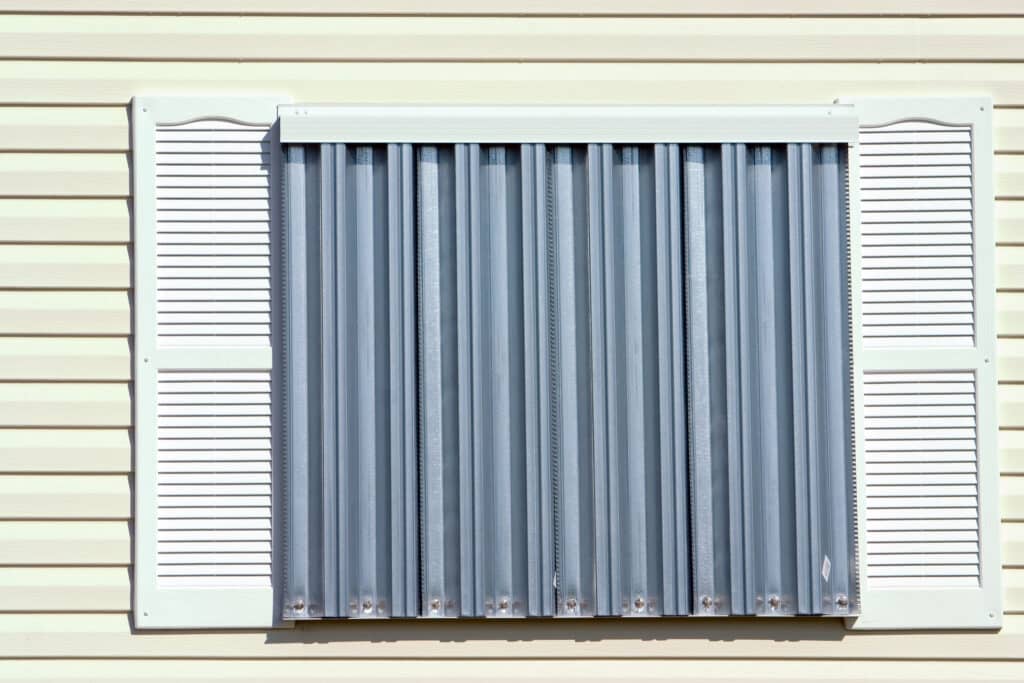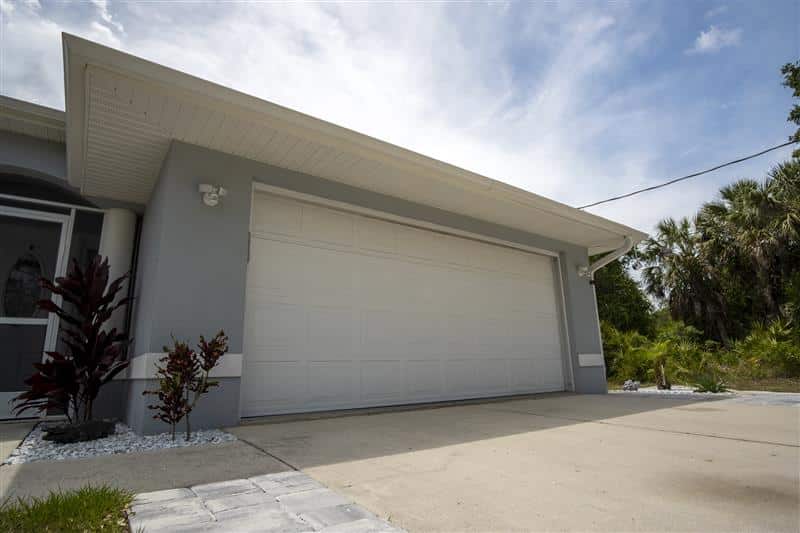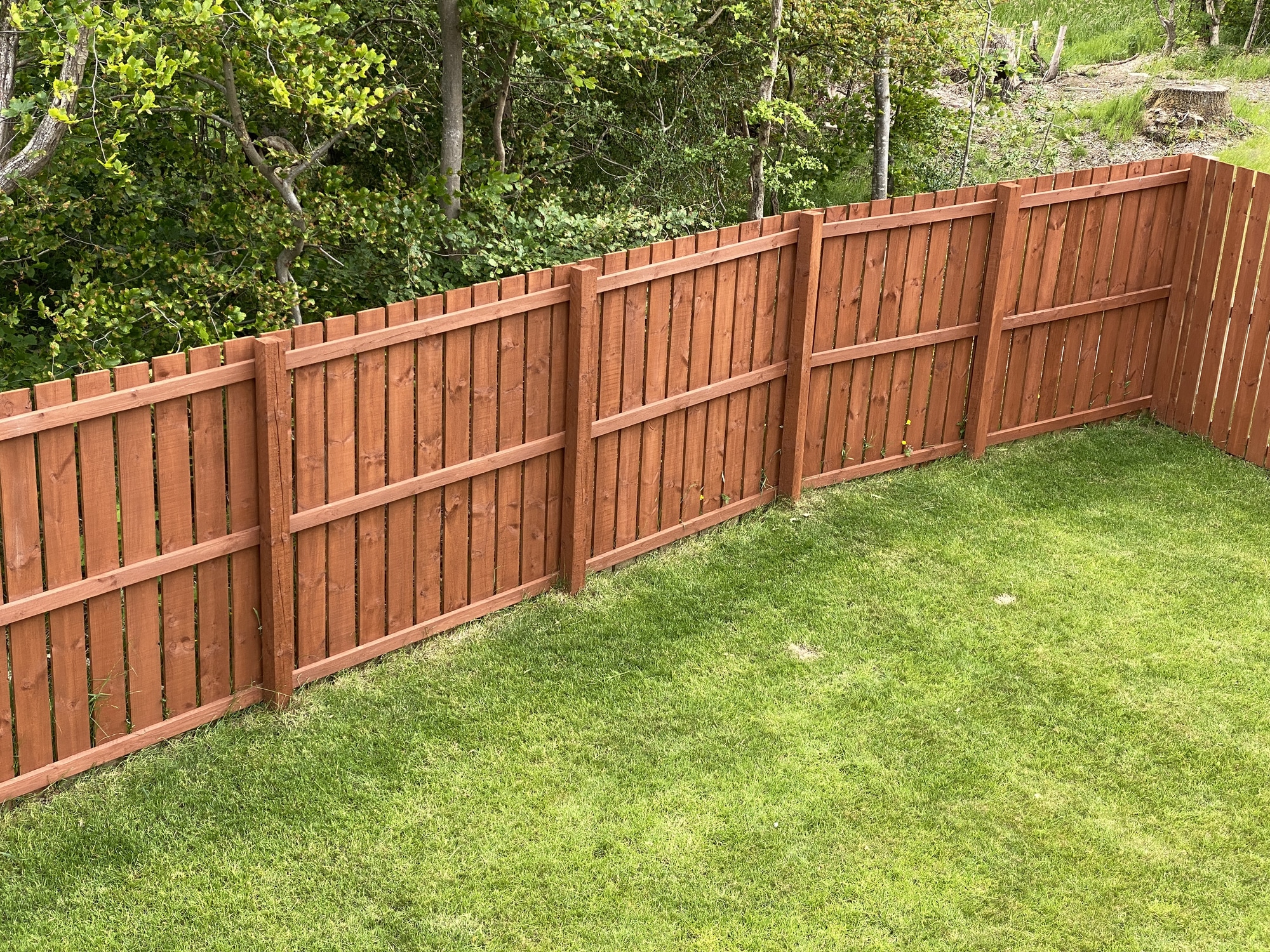Hurricane Shutters 101: Everything You Need to Know Before the Storm Hits

Preparing for hurricane season is necessary, not optional if you live in a storm-prone area. Installing hurricane shutters is one of the best ways to protect your home. Hurricane shutters provide a vital layer of protection from severe weather, protecting windows and doors from high winds and flying debris. Whether you’re upgrading an existing system or learning the basics, knowing your shutter options can help you make informed and effective decisions before the next storm approaches.
Why Hurricane Shutters Matter for Storm Preparedness
In high-risk coastal regions such as Florida’s High-Velocity Hurricane Zone (HVHZ), building codes require opening protection rated for wind speeds up to 175–185 mph, verified through testing protocols like ASTM E1996 or Miami-Dade County approvals. Without hurricane shutters, windows may break due to pressure, which allows wind and rain to enter a home and severely damage its interior and structure. Once a window fails, the air pressure inside the home increases, and the risk of roof failure and/or collapse begins to rise.
Protecting windows is crucial for maintaining the integrity of your home and reducing the likelihood of insurance claims. Many homeowners hastily attempt to protect their windows and deck by boarding them up with plywood, which is not as durable or reliable as properly installed, code-compliant shutters. At the coast, shutters are often a must. Numerous building codes require proper impact protection for windows and glass doors in new builds or substantial renovations in hurricane zones.
Types of Hurricane Shutters
There are many varieties of hurricane shutters, and each type presents different levels of convenience, protection, and cost.
-
- Accordion shutters: These shutters are usually made with durable materials and are mounted permanently beside each window and door. They easily unfold and lock securely into place, allowing for quick deployment and fast security against storms.
-
- Roll-down shutters: These mount on top of a window and roll into place either using a manual crank or motor. Their appearance is very sleek, efficient, and durable, but the more durable the option, the higher the price becomes.
-
- Colonial shutters: These are hinged on either side of the window and combine decorative and protective elements. Some high-impact areas may require a higher level of reinforcement, but the Colonial shutter will provide moderate protection.
-
- Bahama shutters: These shutters prop open above windows and then can be lowered during a storm. They can also enhance aesthetics and are used as sunshades but require upgrading for use in high-impact areas.
-
- Storm panels: Storm panels are removable. They are made with either aluminum, steel, or polycarbonate.
-
- Plywood panels: Plywood is also reserved for the least desirable option. Boards need to be cut and properly secured to the home, but may not meet code requirements or provide adequate protection against extreme elements.
How to Choose the Right Shutters for Your Home
When selecting the best hurricane shutter, several key factors should be taken into consideration:
-
- Where you live: Coastal areas and open spaces will face higher risks of wind and debris.
-
- Local building codes: Often, local building codes will require shutters to meet specific impact standards. Building codes help narrow your search to compliant, tested products.
-
- Your budget: If you frequently experience storms and want to deploy your shutters quickly, roll-down shutters or accordion shutters may be a worthwhile investment. For infrequent use, removable storm panels can offer storm protection at a lower cost.
-
- Aesthetics: Some shutters, such as Colonial or Bahama styles, blend more seamlessly with a residential design. Consider how they will look on your home year-round and how you will utilize them for storm protection.
Most importantly, use a licensed contractor for the installation. The contractor will ensure that your storm protection meets the local code requirements and is prepared for storm readiness. If you live in a hurricane zone, installing code-compliant shutters may qualify you for wind mitigation insurance discounts. In Florida, this is documented through a Uniform Mitigation Verification Inspection Form (commonly called the “1802 form”).
Installation Tips and Building Code Requirements
Hurricane shutters must be securely attached to the structural frame using approved fasteners to resist high winds and impact. Always ensure that your shutters meet the local wind and impact standards and carry product certification, such as those required by state and county codes.
In most areas, installation will likely need a building permit, and licensed installers will generally have that covered. Most states require a licensed contractor for installation, especially when permits are involved. Improper or uncertified installations can jeopardize your insurance coverage and compromise your home’s safety during a storm.
Maintenance, Storage, and Emergency Readiness
Now that you’re making plans to get your hurricane shutters ready for the season, you must also build maintenance and scheme into your yearly routine:
-
- Schedule annual maintenance: Clean all parts and inspect them for damage to your hurricane shutters before the start of hurricane season.
-
- Lubricate moving parts: For roll-down and accordion shutters, apply the appropriate lubrication to the tracks and hinges to maintain smooth operation.
-
- Check removable panels: The storm panels must be rust-free and marked for installation.
-
- Prepare tools and supplies: Stock up on tools and supplies. Drills, screws, and anchors should be stored with your hurricane shutters in a handy place.
-
- Practice deployment: Perform a dry run on deployment so you feel confident about installing or securing shutters when needed.
Ensure that a plan is in place for anyone in your household to take action and operate the hurricane shutters. If you get caught away during the storm, make sure a neighbor or family member will be able to assist you.
Stay Ready, Stay Protected
Purchasing hurricane shutters is the most effective way to prepare your home and family for a storm. You may opt for storm panels as a less expensive option or roll-down shutters for easy function. For added peace of mind, consider exploring the FORTIFIED Home program by the Insurance Institute for Business & Home Safety (IBHS), which promotes storm-hardening measures that exceed standard building codes, including reinforced roofing and impact-rated openings. Either way, proper installation, regular maintenance, and preparation before any hurricane is on the radar are all essential.



